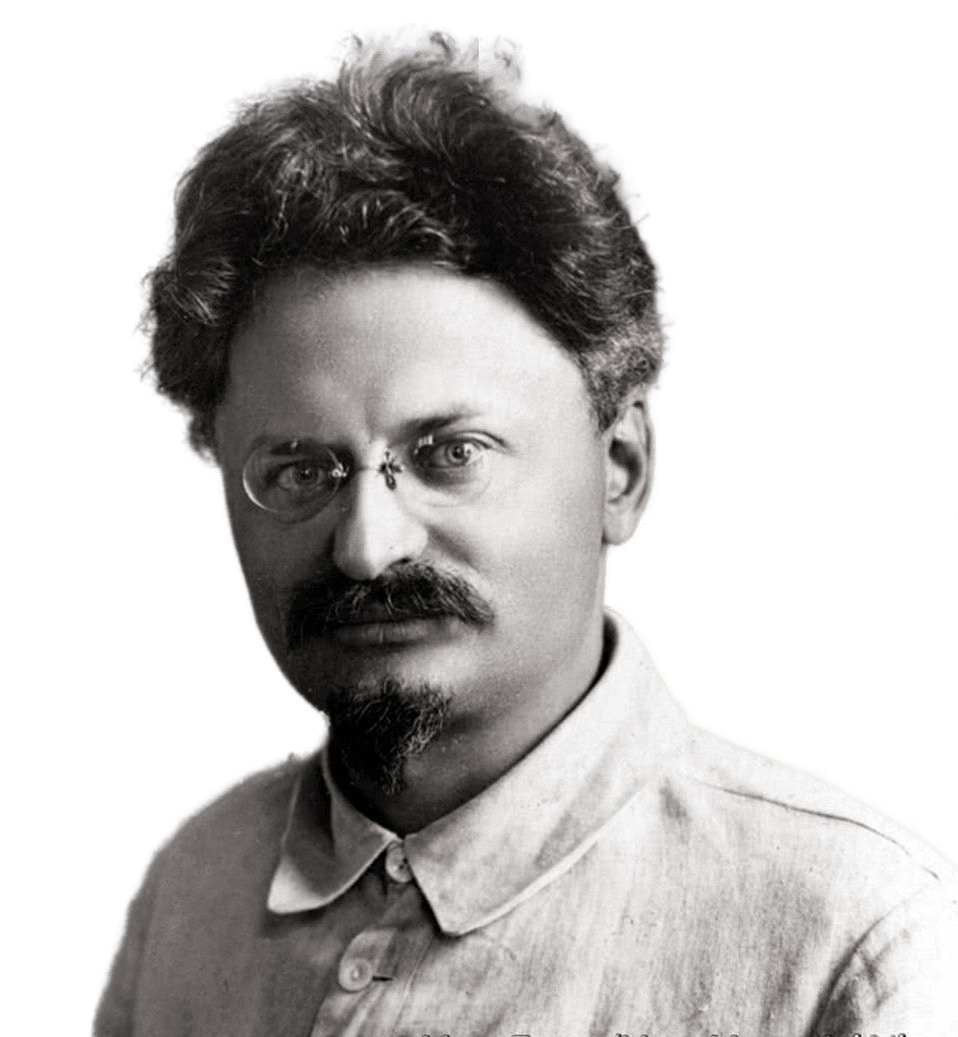
10.01.2023
In 1888, a lot of things started happening in my life. Things started happening in my life. I was sent to Odessa to study. It happened like this.
In the summer, my mother’s nephew, 28-year-old Moses Philippovich Shishtser, an intelligent and good man, who had been slightly “damaged”, as they said then, and therefore did not make it from grammar school to university, lived in the village. He did a little journalism, a little statistics. He came to the countryside to fight the threat of tuberculosis. With his mother and some of his sisters, Monya, as they called him, was an object of pride.
he was a source of pride – both in his abilities and in his character. The respect for him was transferred to our family. Everyone was excited in advance about his arrival. Together with I, too, rejoiced a little. When Monia entered the the dining room, I was standing at the threshold of the so-called nursery, a small corner room, and I hesitated to move forward, for both my shoes opened two gaping mouths. This was not from poverty – the family was already very wealthy at that time – but from rustic indifference, from overburdened work, from the low level of of family needs. “Hello, boy”, said Moses Philippovich,” he said.
The boy answered, but did not move. The guest, with a guilty laugh, was explained what was wrong, and he cheerfully guided me out of my predicament by carrying me over the threshold and and gave me a big hug.
In the fall, I took my first grade exams at St. Paul’s Real School. St. Paul’s Real School. My entrance exam was mediocre. The “norm” led to the strictest selection, which was complicated, of course, by bribery. It was decided that I would be placed in a preparatory class, which was attached to a public school as a private school and from which Jews were transferred to the first grade, albeit according to the “norm,” but with an advantage over externs.
The St. Paul’s Normal School was of German origin. It was founded with the Lutheran church community, and served many Germans in Odessa and the southern district in general. Although St. Paul’s School was endowed with state rights, since it had only six classes, it was necessary to pass the seventh class of another real school in order to enter a higher educational institution.


Real school : it was supposed, evidently, that in the last. It was obviously assumed that the last class would be pounded out of the excess German spirit. In the school of St. Paul’s itself, however, this spirit, year after year, was on the wane. Less than half of the pupils were German, and Germans were being pushed out of the school administration.
the Germans were being pushed out. The first days of school were first days of sorrow and then days of joy. I went to school in my new I walked to school in my new uniform, my new cap with a yellow edging and a wonderful metal coat of arms, which between the two shamrocks enclosed the complicated the school’s initials between two shamrocks. Behind my back I had a new knapsack, with new textbooks in shiny bindings and a beautiful pencil case with a freshly sharpened pencil and a new pen and eraser. I enthusiastically carried all this I carried the whole load of splendor down the long Uspenskaya Street, I was glad that it was not a long way to school. It seemed to me that all the passers-by were looking with amazement, and some, perhaps, even with envy at my wonderful outfit. Trustingly and with interest, I looked at all the faces I met. But all of a sudden, a tall, thin boy of about thirteen, apparently from the workshop, as he was carrying something tin in his hands, stopped in front of the pudgy realnette two steps, threw back his head, spat noisily, spat profusely on my shoulder of his new blouse, looked at me with contempt, and, without a word, walked past me.
What made him do such a thing? It’s clear to me now. A destitute boy in a tattered shirt and barefoot shoes, who has to do his masters’ dirty errands while their sons are wearing in their gymnasium outfits, took out on me his sense of social protest. But at the time I wasn’t in the mood for generalizations. I wiped my shoulder with a chestnut leaf for a long time, seething with and made the last part of the journey in a in a darkened mood.




